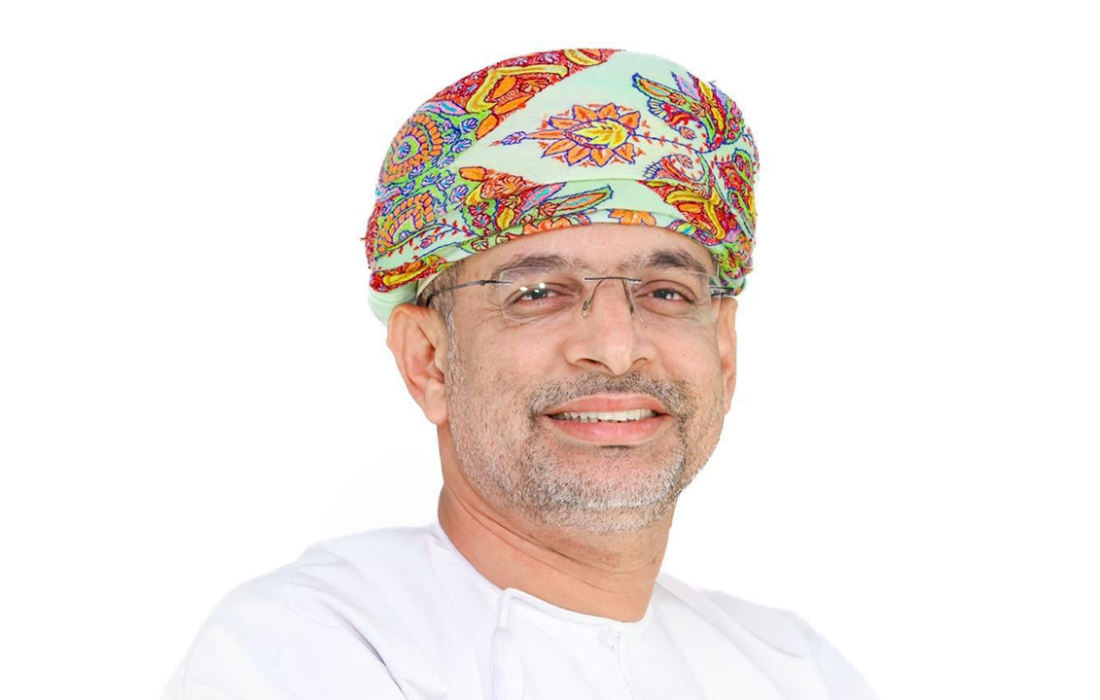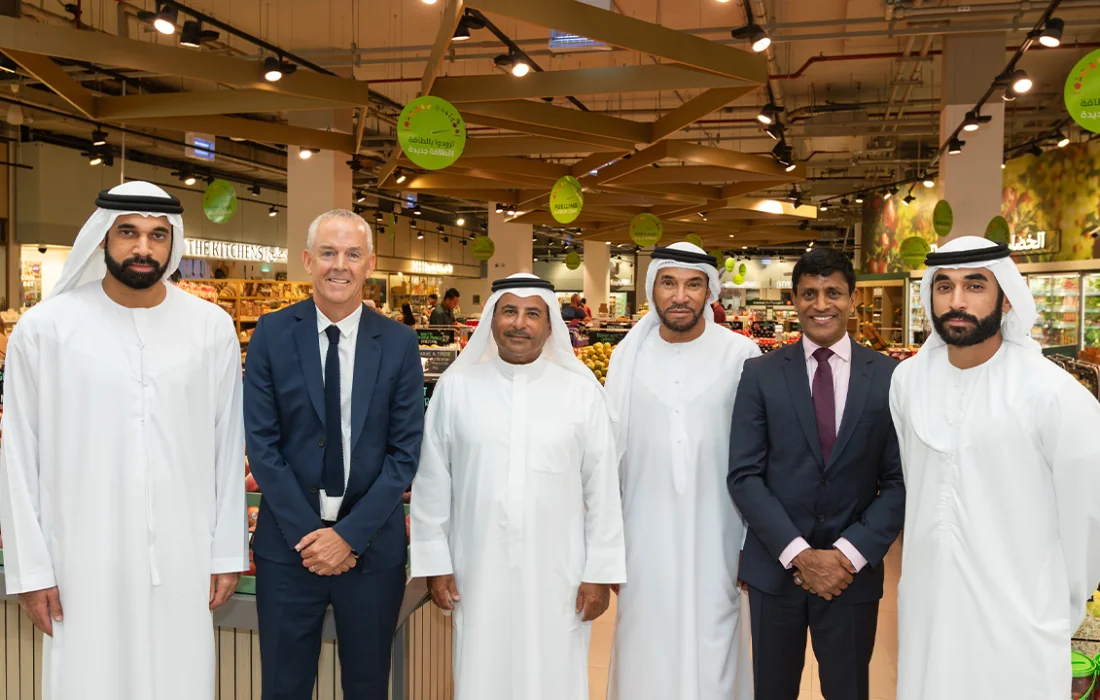- Maalexi secures a USD 20M shariah-compliant facility from Amwal Capital to scale SME-focused food and agri-trade in the GCC.
- The deal starts with a USD 5M tranche, collateralized by inventory and receivables, with scope for larger future funding.
- Maalexi’s tech stack , blockchain, AI, and IoT, enhances risk management, efficiency, and trust in cross-border food trade.
Maalexi
UAE-based Maalexi, a B2B food and agri platform, secured a shariah-compliant credit facility of up to USD 20 million. This is from Amwal Capital Partners (ACP), an independent firm specializing in alternative investments across the MENA region.
Maalexi is a B2B food and agri platform that enables verified SMEs to participate directly in cross-border food and agri-trade. This through reducing risk, optimizing capital, and enhancing transaction security. Furthermore, it leverages intelligent technology to manage credit, inventory, compliance, and logistics.
The facility is a fully tech-enabled securitization structure. It tracks daily risk positions in real time and executes swift, small-ticket transactions through Maalexi’s blockchain-secured automation. Additionally, it is collateralized against Maalexi’s inventory and receivables across UAE warehouses.
Food Security
The agreement will start with a USD 5 million tranche of capital. With this Maalexi aims to scale its operations and advance its mission to strengthen food security across the UAE and Saudi Arabia. It will also aim to use the facility to SMEs waiting to partner with the platform and build a solid foundation for future growth.
Dr Azam Pasha, CEO of Maalexi, said: “This facility is more than capital — it is a catalyst to enhance our capabilities, and help us build resilient and intelligent food supply chains that are driven by speed, transparency, and trust.”
Furthermore, the agreement accommodates future funding at a larger scale. This is as the platform builds trade volume and deepens its data and algorithm driven risk mitigation capabilities. Moreover, these systems aim to reduce operational risk including quality, quantity, weight, price, counterpart, and payment risks. This aims to enable greater efficiency and trust in complex food and agri-trade flows.
If you see something out of place or would like to contribute to this story, check out our Ethics and Policy section.














